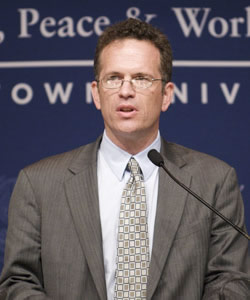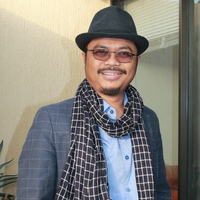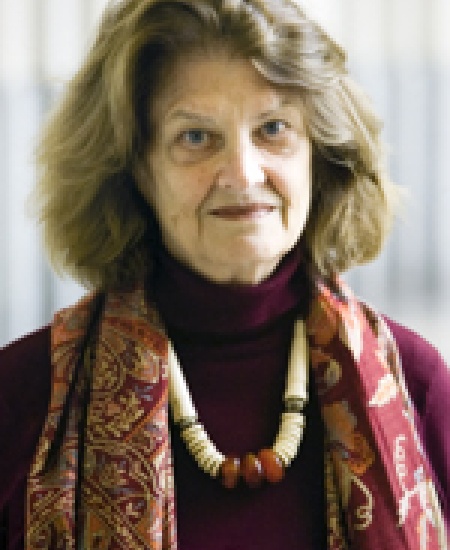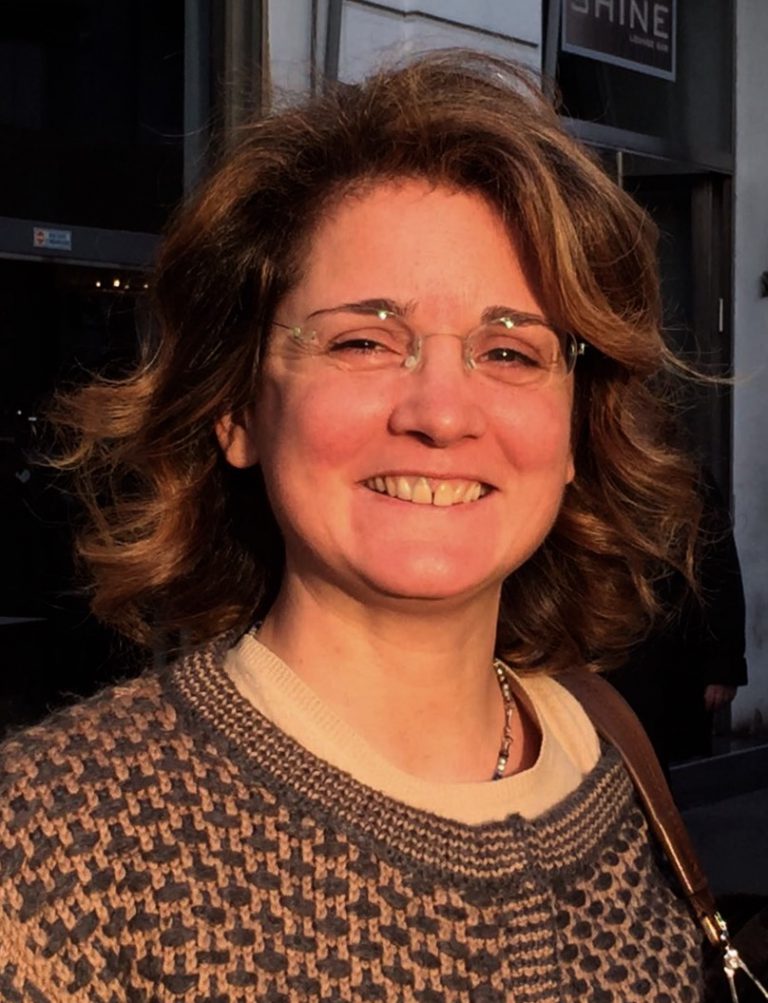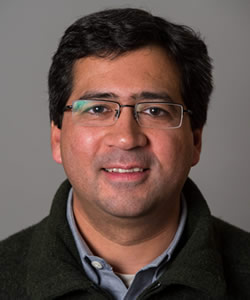Since the rise of so-called “Western civilization” and “modernity,” the relationship between “the West” and the “Muslim world” is highly dynamic and unpredictable, marked by a constant ebb and flow. The encounter between the two has been marked by suspicions, tensions, clashes, and violent conflicts, as well as by cooperation and dialogue across these deep plural societies and overlapping cultures. During the Cold War, for instance, the U.S. forged alliances with some Muslim-majority countries to destroy communist regimes and weaken their influences from the Middle East to Southeast Asia. Throughout the Afghan War from 1979 to 1989, the U.S. also worked hand in hand with some state and non-state Muslim allies, including the Mujahidin, to oppose — successfully — the “Red Army.”
However, since the U.S. declared “War on Terror,” followed by the deployment of military forces to Afghanistan and Iraq, following the terrorist attacks of the Pentagon and World Trade Center on 9/11, the relations between the two deteriorated. The phrase “War on Terror” was popularized in particular by former US president George W. Bush to denote a global military, political, legal, and ideological campaign against Islamist terrorist networks and militant Muslim organizations that were perceived as posing a threat to the U.S. and Western interests.
The U.S. government repeatedly said that the global war on terror and the political interventions in the “Muslim world” were aimed at establishing democracy or assisting Muslim regimes to secure democratic governance. However, many Muslims, unfortunately, responded to this rhetoric with pessimism. As shown by the Gallup Poll, Muslims around the world strongly doubt the United States is trying to build democracy in the Middle East and other parts of the Muslim-majority world. The Gallup poll (www.gallup.com), conducted in 10 Muslim countries that comprise 80 per cent of the world’s Muslim population, found that an “average of only 31 per cent of respondents per nation believed US objectives were centered on building democracy and peace.”
The Innocence of Muslims and “Clash of Civilization” Thesis
Western-Muslim tension continues nowadays following the appearance of the American-made anti-Islam film, Innocence of Muslims. This movie provoked a firestorm of mass demonstrations against the U.S. from Libya and Egypt to Pakistan and Indonesia resulting in deaths, injuries, and destructions of public buildings and facilities. Many Muslim protesters, exploited by Islamist radical groups and America haters, condemned the US and accused Americans of behind the making of the movie. Even worse, anti-American Islamist leaders suggested that Muslim-majority countries discontinue their diplomatic relations with the US, despite the fact that the Obama administration strongly denounced the film and its offensive message as well as requested Google to remove the movie from You Tube.
Furthermore, an unlikely coalition of anti-American and anti-Islamic groups and commentators claimed in a rush to judgment that the violent protests against the movie are a sign of a “clash of civilizations” — to borrow the title of Samuel Huntington’s popular thesis (though the term was originally applied to Western-Muslim relations by Bernard Lewis). The same groups and commentators saw the movie and its aftermath as evidence of a fundamental incompatibility between Islam and Western ideas of freedom and liberal democracy. For both pro-Islamist and pro-Western essentialists, Islam and democracy are considered two distinct and radically incompatible values and worldviews.
Islam and Democratic Civility
Contrary to essentialist claims, however, recent studies on Muslim politics and civic culture show that major portions of the Muslim-majority world from North Africa to Southeast Asia have made significant progress with regard to democracy, civil liberties, religious freedom, civic pluralism, citizenship, and feminism The question of whether there is a fundamental compatibility between Islam and democracy is thus no longer interesting or useful. As anthropologist Jenny White has argued, the question should not be whether democracy is compatible with Islam, but rather “to what extent particular state ideologies nourish civic culture.”
Prominent scholars of Islam such as sociologist Asef Bayat and anthropologist Robert Hefner further argue that the question of the compatibility or incompatibility between Islam and democracy is ultimately misguided since democratic ideals per se have little to do with the essence of any religion. In their fine works (e.g. Making Islam Democratic and Civil Islam), both Bayat and Hefner have reminded us that social and political movements across the Muslim-majority world from the Middle East to Indonesia — pioneered by progressive Islamic leaders, human right activists, intellectuals, students, youth and women groups, and civil society institutions — have been successful in constructing “an inclusive faith that embraces democratic civility.” Some Muslim countries practice limited or “illiberal democracy,” while others, like Indonesia, adopt more liberal forms of democracy.
The Internal Diversity of “the Muslim World” and “the West”
Accordingly, essentialist constructions of an absolute opposition between the “Muslim world” and “Western democracy” are theoretically and empirically problematic.
This is true for the reasons noted above, but also because such a constructed opposition clearly does not account for the diversity and dynamism of culture and agency both in the “Muslim world” and the “Western world.” Even in America, as the champion of liberal democracy and civil rights, there have been growing numbers of religious people and conservative groups, so that dubbing the U.S. a “liberal nation” is clumsy at best. America is also the home to Muslims, not only Christians or Jews, who shape, or are reshaped by, American values, cultures, and politics. In other words, Islam is also part of American beliefs and practices, and Muslims are an integral part of American societies.
One must also emphasize that many non-Muslim groups — Christians, Buddhists, Hindus, and many others — are a demographically and culturally significant part of many so-called “Muslim countries.” Many of the world’s largest and most important Muslim-majority countries have large non-Muslim minorities, such as Egypt with its Coptic community, Syria with its diverse Christian churches, Iraq with its Chaldean Christians and Sabean Mandeans, and Indonesia with its Balinese Hindus, Buddhists, Confucianists, and millions of Christians.
Ironically, while the essentialist scholars and followers of their views see “a one-note caricature of Islam,” to quote John Esposito, most Muslims “are gravitating toward a position that does not see the West as monolithic.” Indeed, the Muslim opposition to the West is more about policy than principles. In other words, most anti-American Muslim hardliners and Islamist conservative groupings are primarily motivated by US foreign policy toward Muslim countries, not by religion or culture. In fact, as the Gallup survey results indicate, many Muslims around the globe admire and praise American achievements of science, technology, as well as academic and political freedom.
It may be more accurate to conclude, then, that the real “clash” is not between the “Muslim world” and “the West” but between the extremist essentialists on both sides.
Recent protests and civilian uprisings in some parts of some Muslim countries against the American-made anti-Islamic and anti-Prophet Muhammad movie, The Innocence of Muslims, do not necessarily reflect Muslim hatred toward Western or American culture. In fact, the original Muslim protests against the film have been exploited and manipulated by some anti-American Islamist radical groups to advance their political agendas. Hence, in some Muslim countries, such as Libya and Indonesia, there has been a wave of counter-protests and strong criticism against the Islamist protesters and America haters for manipulating the initial demonstrations against the movie and for using violent means to promote their objectives.
Bridging the Gap
Rather than exaggerate the myth of Western-Muslim conflict, it is urgent that Muslims, non-Muslims, and Westerners revise their essentialist views of the other. This means improving their relations with other societies, identifying common misunderstandings, recognizing the internal diversity and pluralism on both sides, and most importantly, respecting each other’s cultures and traditions. Such peacebuilding efforts are imperative.
They are imperative not least because many Americans, especially in the post-9/11 climate, conflate the mainstream Muslim majority with the beliefs and actions of an extremist minority. Equally, Muslims sometimes confuse American society as a whole with the rude and disrespectful actions of anti-Islamic individuals — such as the makers of the Innocence of Muslims or Terry Jones, the pastor of Dove World Outreach Center, who planned to burn the Qur’an in 2010, some religious conservative groups, and some policy makers in Washington, D.C.
Modernities will continue to be diverse and they will certainly continue to contend with each other. But their ongoing mutual contention and competition will be far less violent and far more fruitful if we can dispense with the destructive essentialisms recently in evidence in both Western and Muslim-majority societies.

